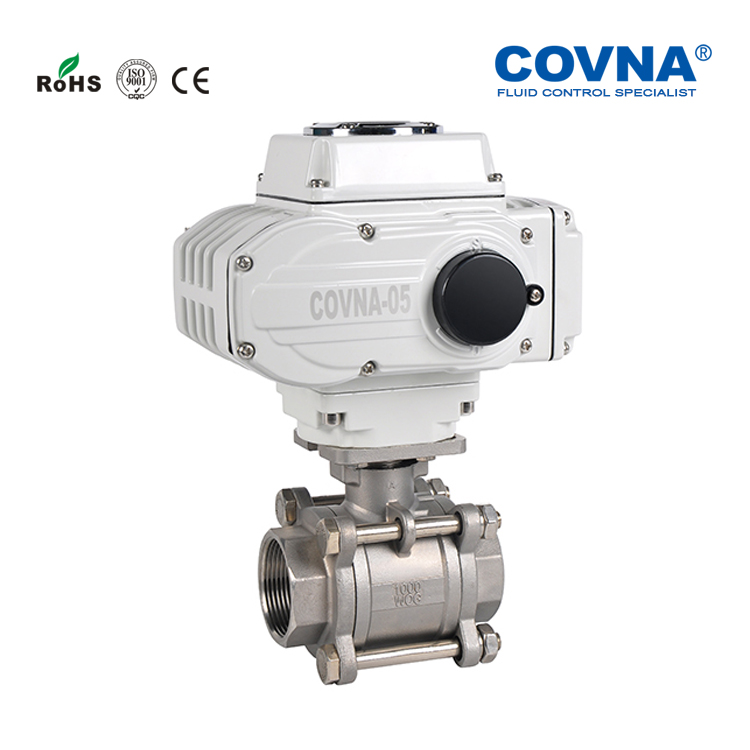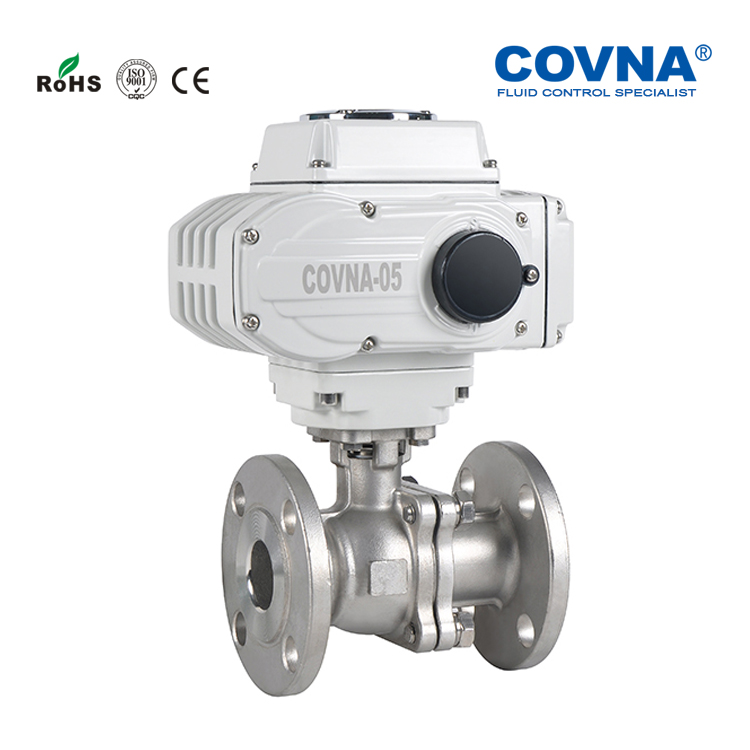A ball valve is a valve with a ball as a closing part, which is mainly composed of a valve body, a valve seat, a ball, a valve stem, a handle (or other driving devices, such as electric actuators, pneumatic actuators or hydraulic actuators). The valve stem drives and rotates around the axis of the ball valve. It is mainly used to cut off, distribute and change the flow direction of the medium in the pipeline.

For the wide variety of ball valves, including the different working principles, use media and application places, users should choose different types of ball valves corresponding to the working conditions. The types of ball valves are classified according to the actual working conditions on site.
According to the structure, it can be divided into:
1.Floating ball valve
The ball of the ball valve is floating. Under the action of the medium pressure, the ball can produce a certain displacement and press tightly on the sealing surface of the outlet end to ensure that the outlet end is sealed.
The floating ball valve has a simple structure and good sealing performance, but the load of the ball bearing the working medium is all transmitted to the outlet sealing ring, so it is necessary to consider whether the sealing ring material can withstand the working load of the spherical medium. This structure is widely used in medium and low pressure ball valves.

2. fixed ball valve
The ball of the ball valve is fixed and does not move when pressed. The fixed ball valve is equipped with a floating valve seat. After receiving the pressure of the medium, the valve seat will move, so that the sealing ring is pressed tightly on the ball to ensure sealing. Bearings are usually installed on the upper and lower shafts of the ball, and the operating torque is small, which is suitable for high pressure and large diameter valves.
In order to reduce the operating torque of the ball valve and increase the usability of the seal, oil-sealed ball valves have appeared in recent years. Special lubricants are injected between the sealing surfaces to form an oil film, which enhances the sealing and reduces the operating torque. , It is more suitable for high pressure and large diameter ball valves.
3.elastic ball valve
The ball of the ball valve is elastic. The sphere and the valve seat sealing ring are made of metal materials, and the sealing specific pressure is very large. According to the pressure of the medium itself, the sealing requirements must be applied. This valve is suitable for high temperature and high pressure media.
The elastic sphere is made by opening an elastic groove on the lower end of the inner wall of the sphere to obtain elasticity. When closing the passage, use the wedge-shaped head of the valve stem to expand the ball and press the valve seat to seal. Loosen the wedge-shaped head before rotating the sphere, and the sphere will return to its original shape, so that there is a small gap between the sphere and the valve seat, which can reduce the friction and operating torque of the sealing surface.
The commonly used ball valve classification methods are as follows:
1.According to pressure: high pressure ball valve, medium pressure ball valve, low pressure ball valve
2.According to the runner type: full bore ball valve, reduced bore ball valve
By channel position: straight-through, three-way, right-angle
3.According to the temperature: high temperature ball valve, normal temperature ball valve, low temperature ball valve, ultra-low temperature ball valve
4.According to the sealing form: soft sealing ball valve, hard sealing ball valve
5.Assembly by stem: top-mounted ball valve, side-mounted ball valve
6.According to the connection form: flange ball valve, welded ball valve, threaded ball valve, clamp ball valve
7.According to the driving mode: manual ball valve, automatic control ball valve (pneumatic ball valve, electric ball valve, hydraulic ball valve)
8.According to the size of the diameter: super large diameter ball valve, large diameter ball valve, medium diameter ball valve, small diameter ball valve

PDF Get-a-Product Catalogue